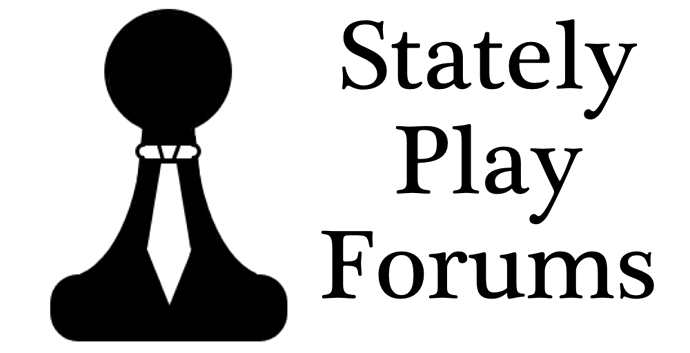That would be great. The quality of the online play feature makes or breaks it; it is not enough that online play is available. I realize that reviewing this before the official release is challenging. It seems you really need two reviewers to really evaluate online play. Maybe developers would be willing to help.
This really is important to how a game works in online play. A really poor example of this is the new Potion Explosion. I like the game itself; it is light fun. But playing online is a pain because of the many problems I mention above.[quote=“rinelk, post:20, topic:331”]
I’m feeling like there’s enough interesting content in this thread that it might make sense to simply write a front-page post about what makes a good review of multiplayer content. Anyone object to me doing so, and calling out users by username for their contributions?
[/quote]
Please do.
I started this post for two reasons. I expect there are games out there that have great online experience, but I just haven’t found or played them. (I’m guessing Stone Age is one.  ) And, I’m hoping if these features are talked about in reviews then board game app developers will think about them and they will not just be an afterthought for online play.
) And, I’m hoping if these features are talked about in reviews then board game app developers will think about them and they will not just be an afterthought for online play.

 . Games that have good online multiplayer features (thread topic). There are probably other aspects I cannot think of.
. Games that have good online multiplayer features (thread topic). There are probably other aspects I cannot think of.